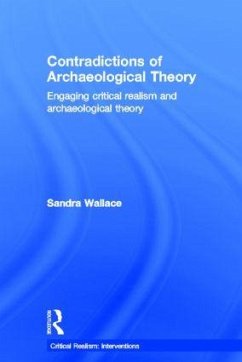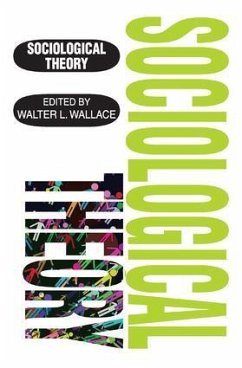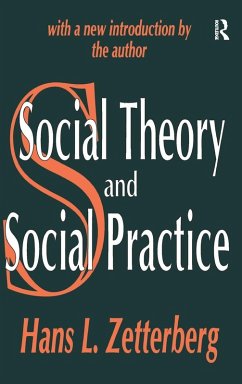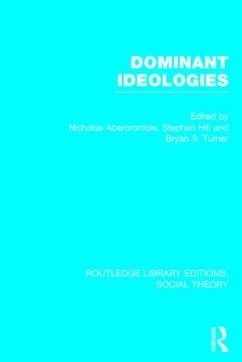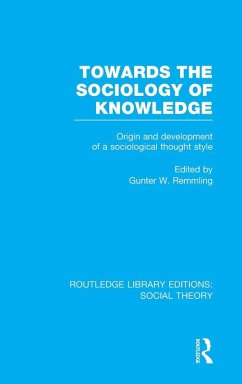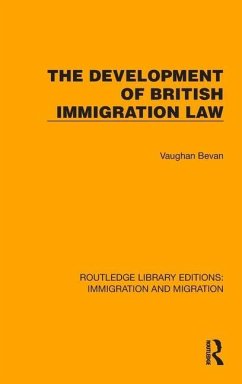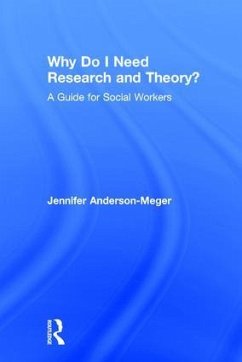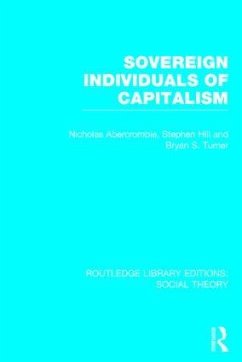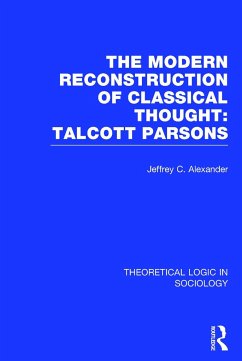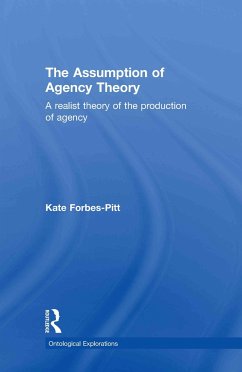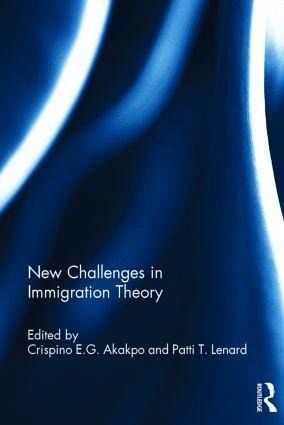
New Challenges in Immigration Theory
Versandkostenfrei!
Versandfertig in 1-2 Wochen
113,99 €
inkl. MwSt.

PAYBACK Punkte
57 °P sammeln!
New Challenges in Immigration Theory seeks to stretch the limits of familiar liberal political theory in order to consider the difficult normative questions presented by 'new' forms of migration, such as climate refugees, and skilled and unskilled temporary labour migration. It also considers the moral challenges posed by states' attempts to exclude migrants in 'innovative' ways - including via the increased use of detention centres - as well as the effects of transnational networks of migrants on encouraging specific migration flows. This book was originally published as a special issue of Cr...
New Challenges in Immigration Theory seeks to stretch the limits of familiar liberal political theory in order to consider the difficult normative questions presented by 'new' forms of migration, such as climate refugees, and skilled and unskilled temporary labour migration. It also considers the moral challenges posed by states' attempts to exclude migrants in 'innovative' ways - including via the increased use of detention centres - as well as the effects of transnational networks of migrants on encouraging specific migration flows. This book was originally published as a special issue of Critical Review of International Social and Political Philosophy.



